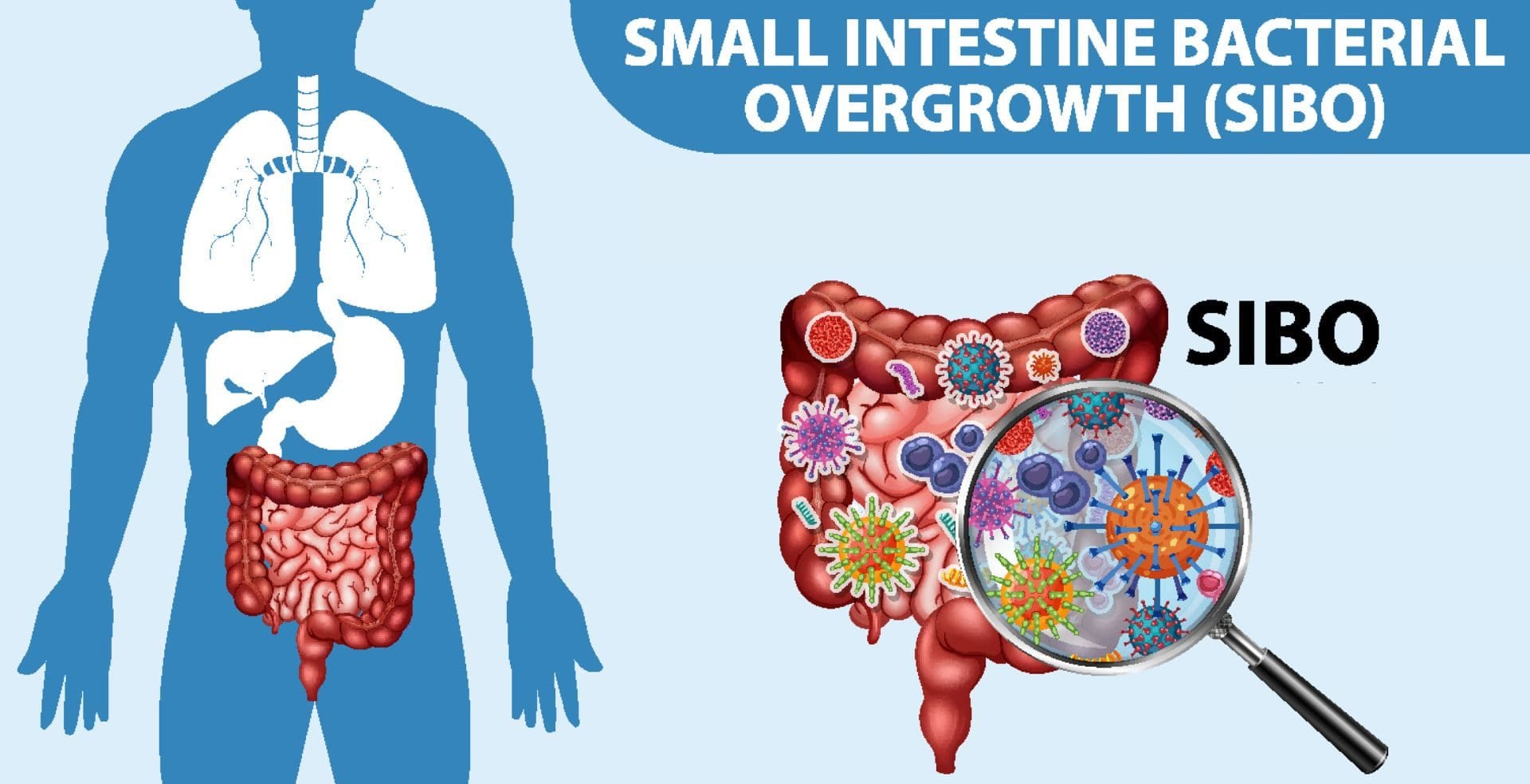7 indicators you have an upset gut
By Nutrition Consultant Jessica Robinson
I believe Hippocrates had it right when he stated over two thousand years ago: ‘All Disease Begins in The Gut’. The world inside our gut is our microbiome, this is referring to the 2-3 kg of good, bad and neutral organisms that predominantly live in our digestive systems. Depending on the type and quantity of microorganisms we house in our gut, it can have a huge impact on our overall health. There are several factors that can impact the quality of our microbiome such as stress, diet, toxin exposure, weight and allergies. We need a higher ratio of “friendly” gut bacteria to “unfriendly” gut bacteria in order for our immune system to stay strong and vigilant. Whereas if your microbiome is unbalanced and unhealthy bacteria predominate, this will promote inflammation that causes widespread stress to various parts of our body.


Here are 7 indicators that you need to support your gut microbiome:
1. Poor Immunity
Our immune system is primarily located in our gut, so if you have dysbiosis (microbial imbalance), you will find yourself getting sick quite frequently. In a balanced gut, there are microbes that secrete chemical messengers to let immune cells (T cells) know what needs to be done to protect us from pathogens and foreign substances. Housing more good bacteria than bad bacteria can also prevent opportunistic pathogens from being able to proliferate in our gut if given the space.
2. Sore joints
A number of our gut bacteria can contribute to deterioration of joints and tissue. Research has indicated that a healthier gut microbiome can reduce the risk for joint pain, swelling, and movement issues for people with osteoarthritis, rheumatoid arthritis and inflamed joints. As rheumatoid arthritis is an autoimmune condition (when our immune system attacks our body), researchers believe the cause may lie in our gut microbe as it plays such a critical role in our immune system. A step by step plan for healing autoimmune disease can be found in the book ‘Healing Autoimmune Disease’.
3. Easy weight gain
A recent study showed that people who have a stable weight over nine years or lose weight easily, have a larger amount of different types of microbes in their guts, eat more fibre and have a more diverse gut microbiome. This research indicates that the more diverse your gut microbes are, the more likely you will be healthy and slim. Making diet and lifestyle changes is essential for improving gut microbiome and losing weight.
4. Depression and anxiety
The relationship between gut health and mental health is particularly interesting since the gut has now been recognised as the second “brain”. The brain-gut connection is being researched and we know that the state of our gut has a huge impact on our mental health. If there is inflammation in the gut there can be inflammation in the brain which can lead to mood disorders and disorders of the nervous system. Your diet affects your microbiome and neurotransmitter activity (as the majority of our neurotransmitters are located in our intestines), therefore affecting how you feel, your ability to handle stress and your energy levels.
5. Food allergies/sensitivities
Certain beneficial bacteria in our gut can lower inflammation, which lessens the severity of allergic reactions and food allergies/sensitivities. The condition of leaky gut and dysbiosis (bad balance of gut bugs) is often present in individuals who suffer from food and chemical allergies. If you are someone who suffers with severe food and/or chemical intolerances it is essential that you consult a specialist in allergies who will perform necessary tests to determine the foods that must be avoided. The most common allergens are dairy products, gluten, shellfish and peanuts. Experts have discovered that promoting good bacteria in the gut can help with some food sensitivities, such as lactose intolerance.
6. Digestive issues
Common digestive complaints that can be easily linked to gut health issues are bloating, flatulence, diarrhoea, constipation, abdominal pain and cramping. These symptoms are so common that it can be difficult to identify the cause. Possible reasons for their occurrence include: food poisoning, stress, consuming food too quickly, food intolerances/sensitivities, lack of dietary fibre, drug side effects or an unhealthy microbiome balance. These digestive complaints could also indicate irritable bowel syndrome (IBS) or SIBO (Small Intestinal Bacterial Overgrowth).
7. Learning disabilities
Our bodies are interconnected systems, therefore everything we consume, inhale or expose ourselves to can impact our growth, development and mental capabilities. ADHD and other learning disabilities have been linked to poor gut health, particularly in infants and children. Indeed, the majority of children and adults with learning disabilities and allergies experience digestive symptoms. One of the most important factors in establishing a healthy microbiome is at birth – vaginal delivery is ideal as it populates the newborn’s gut with the mother’s healthy bacteria. Breastfeeding is also important as the newborn will receive important nutrients and bacteria through the mother’s breast milk.
If you suspect you have a leaky gut, SIBO or need to clear up your digestive tract, there are some excellent tips and recipes in Dr Cabot’s book ‘Healthy Bowel, Healthy Body’.









Leave A Comment